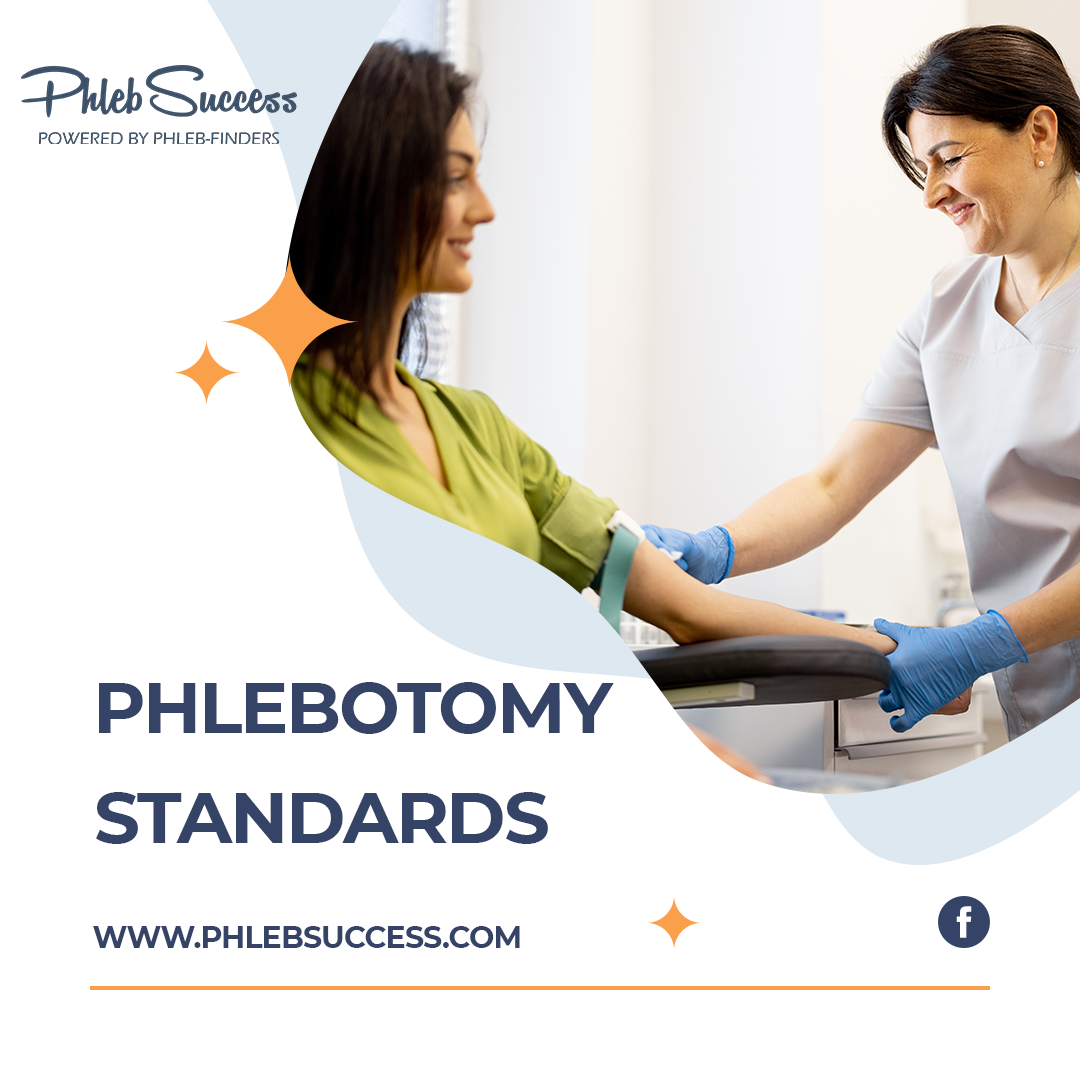Understanding the role of a phlebotomist in healthcare settings
Phlebotomy is an essential component of healthcare delivery, and phlebotomists play a crucial role in ensuring the accuracy and integrity of blood specimen collection. The responsibilities of a phlebotomist encompass the collection, labeling, and safe handling of blood samples from patients, with a focus on maintaining patient comfort and safety throughout the process. Accurate blood specimen collection is fundamental to the diagnostic process, enabling healthcare practitioners to make informed decisions about patient care and treatment. Additionally, phlebotomists are tasked with upholding ethical standards in their interactions with patients, emphasizing clear communication, respect for patient autonomy, and the maintenance of patient confidentiality.
Reference:
- World Health Organization. (2010). WHO guidelines on drawing blood: best practices in phlebotomy. Retrieved from https://www.who.int/diagnostics_laboratory/links/Guidelines_drawing_blood_best_practices.pdf.
The role of a phlebotomist extends beyond technical skills to encompass ethical considerations and patient interaction skills. Building trust and rapport with patients is pivotal for a positive healthcare experience, and phlebotomists are required to adhere to ethical guidelines in their interactions with patients. This includes respecting patient autonomy, maintaining confidentiality, and demonstrating empathy and effective communication during the blood collection process. By understanding the pivotal role of a phlebotomist in healthcare settings, individuals can grasp the significance of their contribution to the larger healthcare ecosystem, ultimately upholding the highest standards of patient care and well-being.
Reference:
- National Accrediting Agency for Clinical Laboratory Sciences. (2017). Clinical Phlebotomy Standards. Retrieved from https://www.naacls.org/docs/Standards/Clinical_Phlebotomy_Standards.pdf.
